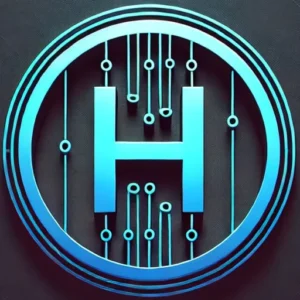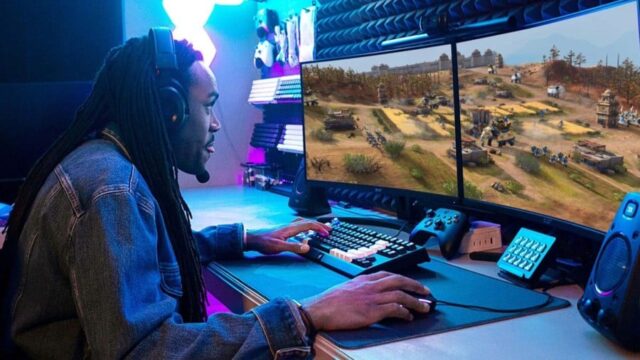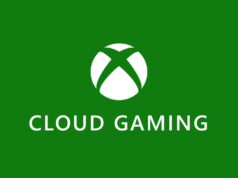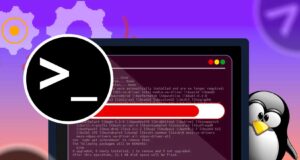Imagine picking up your sprawling RPG adventure right where you left off, whether you were battling dragons on your Xbox or strategizing on your PC. That’s the promise of PlayFab Game Saves, now integrated into the GDK. This feature allows developers to implement cross-progression with relative ease, ensuring players retain their hard-earned progress when switching between Xbox and Steam.
PlayFab Game Saves handles the complexities of synchronization and conflict resolution, even offering offline support. The ambition is clear: to make gaming truly platform-agnostic, with more platforms slated for inclusion in the future. The underlying technology is available via aka.ms/playfab-game-saves.
Say goodbye to clunky input code and hello to GameInput, a single, modern API designed to streamline input management across Xbox and PC. This unified model supports keyboard, mouse, gamepad, and even custom devices, all while prioritizing low latency and thread safety. Whether you prefer the precision of a mouse or the tactile feedback of a controller, GameInput aims to deliver a consistent experience.
GameInput supports both polling and event callbacks, simplifying cross-platform input code and making it more reliable. Developers can find more info at aka.ms/gameinput. This is a boon for developers aiming for feature parity across platforms.
While the following updates may not directly excite the average gamer, they represent significant improvements for developers:
- Xbox Game Package Manager: A unified desktop app for packaging and uploading game files. It simplifies multi-tenant workflows with browser-based authentication.
- PlayFab Unified SDK: A modular package bundled with the GDK, consolidating multiple SDKs into a consistent API. This reduces complexity and certification risk.
These changes are about making the development process smoother and more efficient, ultimately leading to faster updates and a better gaming experience for everyone.
Microsoft’s latest GDK release is a strategic move towards a more unified gaming ecosystem. By simplifying cross-save implementation and streamlining input management, they’re empowering developers to create truly cross-platform experiences. While these updates might seem technical, their impact will be felt by gamers as the lines between console and PC continue to blur.
The future of gaming is increasingly about seamless transitions and platform agnosticism. Microsoft, with initiatives like these, is positioning itself at the forefront of that evolution, one development kit release at a time. Now, the real question: Which games will be the first to fully embrace these new capabilities?
Follow us on Bluesky , LinkedIn , and X to Get Instant Updates





